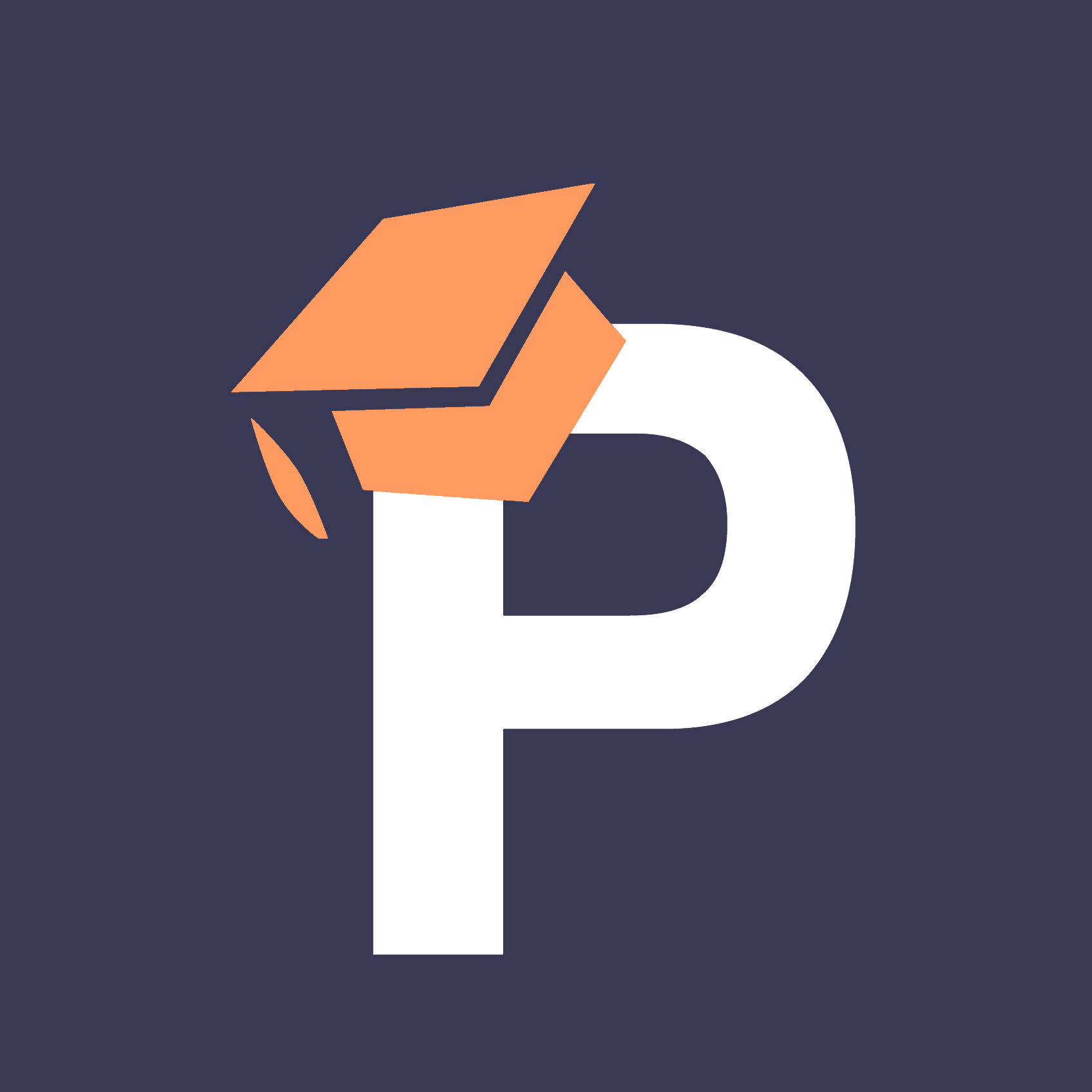Arabic is the 5th most commonly spoken native language in the world.There is a high demand and low supply of Arabic speakers in the Western world. Arabic speaking nations are a fast-growing market for trade and various government organizations around the world consider Arabic of critical importance

Arabic is the 5th most commonly spoken native language in the world. There is a high demand and low supply of Arabic speakers in the Western world. Arabic speaking nations are a fast-growing market for trade, and various government organizations around the world consider Arabic to be of ‘critical importance’.
Arabic-speaking peoples have made significant contributions to the world's civilizations. The Arab-speaking world has a rich cultural heritage.
The Language Centre has been part of the University of Warwick's central academic services since its establishment in 1964. The Language Laboratory was first set up in 1964 on the East Site (Gibbet Hill Site), by the Senior Technician Laurie Evans.
It moved to new premises in 1966 in a new building which is now solely the Library, but the building then housed the Arts Faculty, Library, Book-bindery and Photography departments. When the Arts faculty (Humanities) building was constructed in 1970, we occupied a few rooms within our current location.
We have taken over a few adjacent rooms over the years to reach our current capacity. We managed at last in 1995 to equip all four of our language laboratories with the same machines, standardizing with the Tandberg IS10 model. This has made the life of our tutors easier by not having to become familiar with different operating controls.
Laurie Evans became Superintendant, but later was re-designated Director until his death in 1985. Afterward, the post of Director was taken by Noemi Messora (appointed 50%) and when she left Warwick to return to Italy, Bob Powell was appointed to a full-time post as Director in 1993.
It can be seen from the archive photographs that Language Laboratory technology has moved on, from valve open-reel tape recorders to transistor solid-state open-reel, cassette tape recorders. Having recently installed a fully digitalized satellite system, we are now progressing to totally computerized digital sound recording.
We have always maintained pace with technology to enable our tutors to utilise the most modern teaching methods - sometimes at the cutting edge of innovation. The Centre's activities continue to expand as part of the University's long-term commitment to the increased provision of foreign language tuition across the Faculties.

Arabic Language is offered by Tutors and Exams. Tutors & Exams have specialised in Language assessments since its inception. We understand the difficulty many private candidates encounter in finding a suitable examination venue exam centre that can accommodate the Speaking component of language

We provide face-to-face Arabic tuition in London and online Arabic tutors worldwide. Our Arabic tutors are hand-picked from the best universities and rigorously interviewed. They work with students at all levels – from beginner to advanced – from all over the world.

Arabic is an asset when it comes to professional opportunities, especially in the United Arab Emirates, Bahrain, Kuwait, and many other countries in the Middle East and Africa.

If you are looking to learn a new language to boost your career, Arabic is an ideal choice. Being fluent in Arabic will not only open up professional doors for you if you intend to work in an Arabic-speaking country but also at home.

Learn Arabic with our Arabic language courses, which are delivered using a proven learning method.
© 2025 coursetakers.com All Rights Reserved. Terms and Conditions of use | Privacy Policy